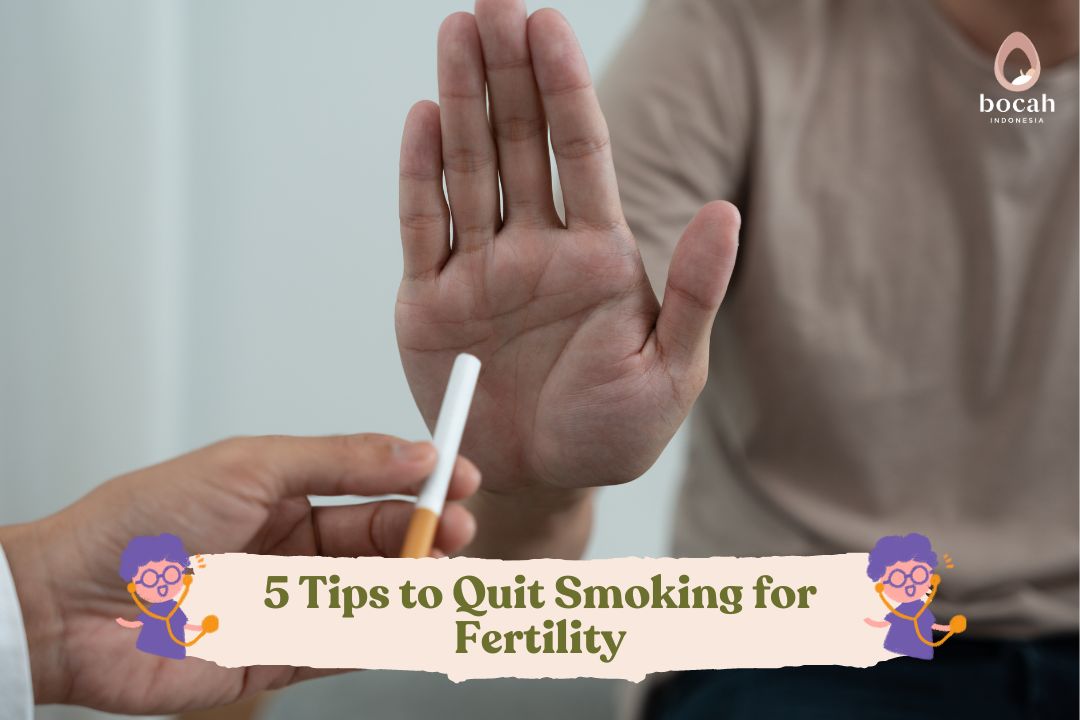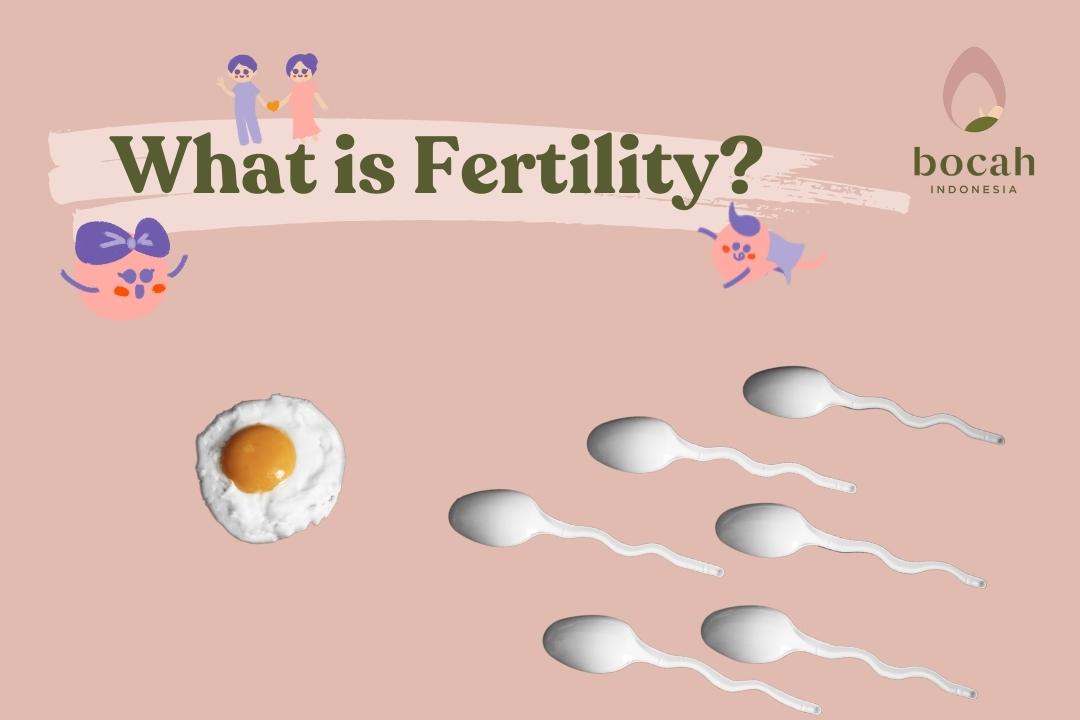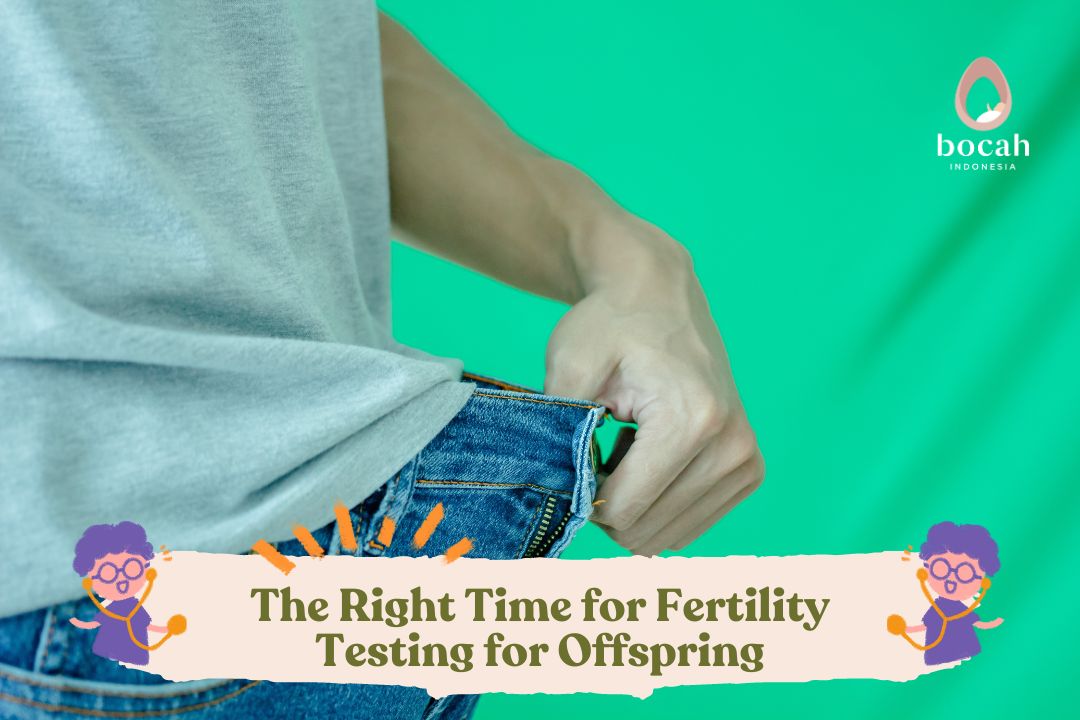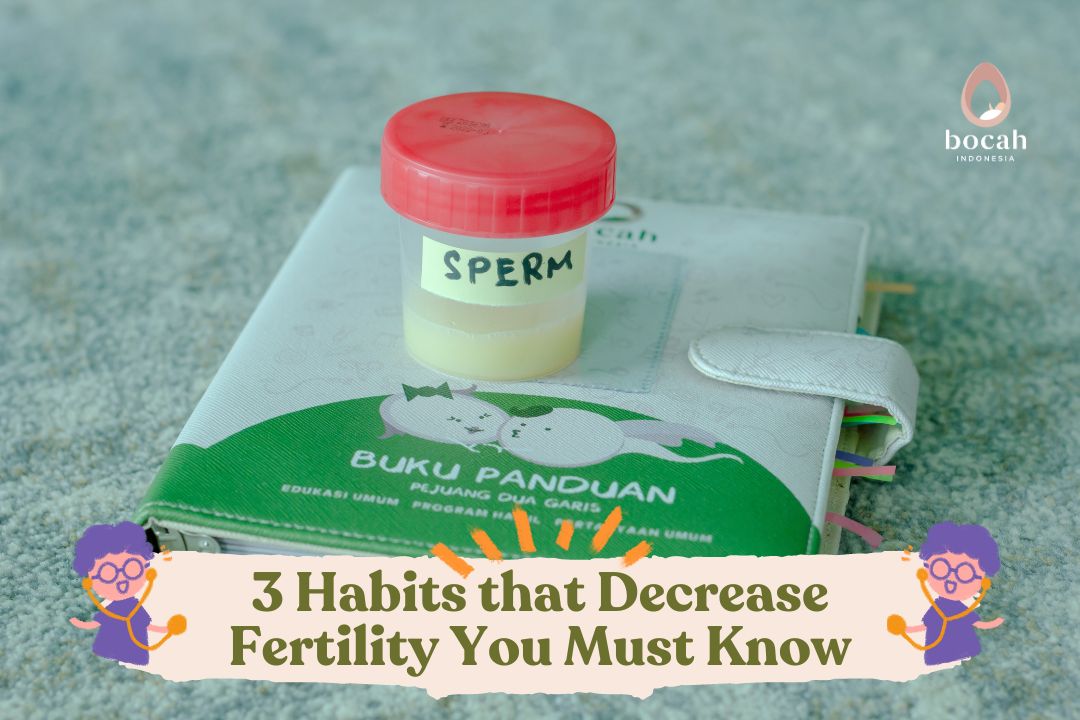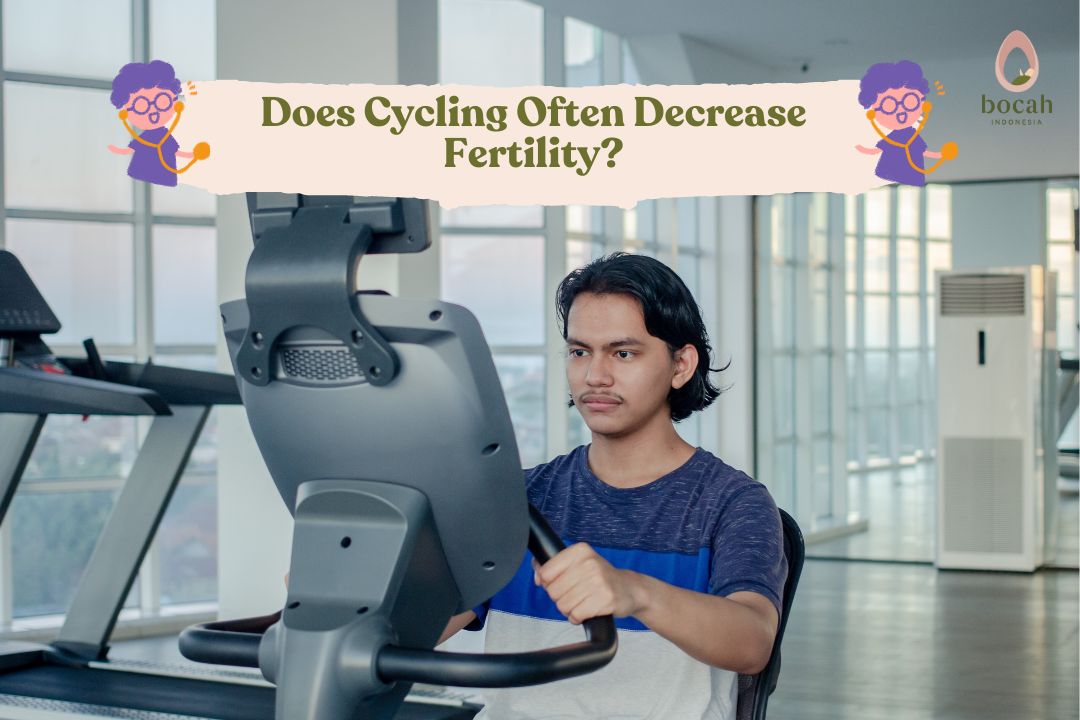Insemination Tips for Couples with Fertility Challenges
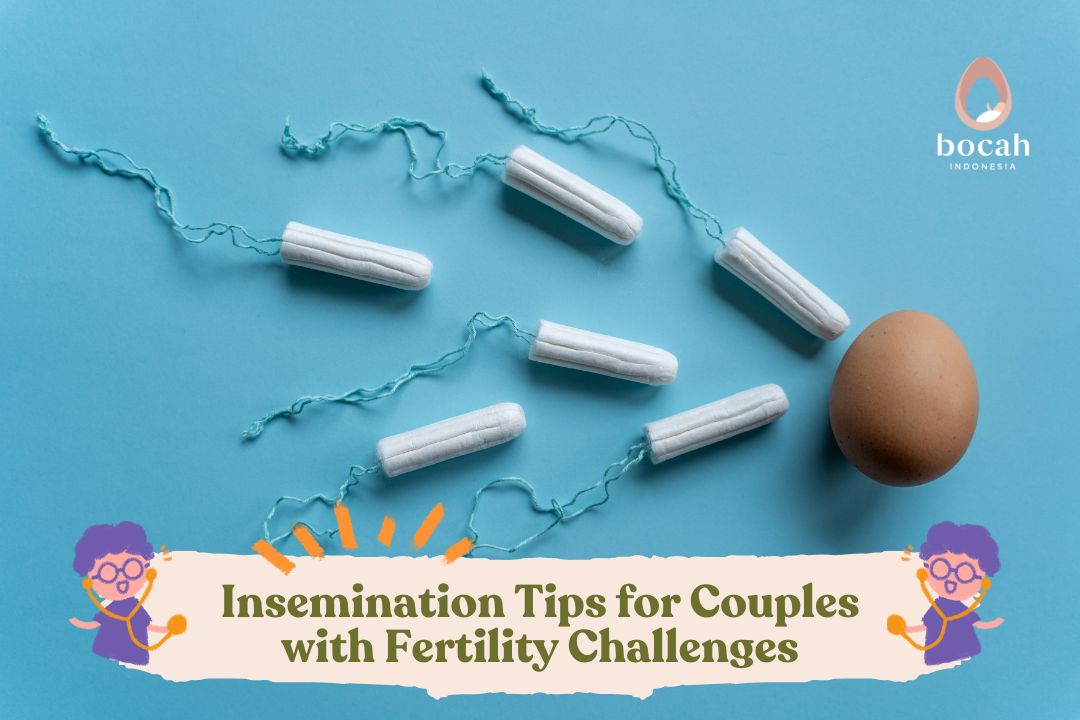
Couples facing fertility challenges may consider an artificial insemination program as an alternative. Here’s a complete guide and tips for preparing yourself to increase the chances of success.
What is Artificial Insemination?
Artificial insemination is a medical procedure in which sperm is directly placed into the woman’s reproductive tract, such as the uterus or fallopian tubes, to facilitate its meeting with the egg. This procedure is often chosen by couples dealing with fertility issues, whether from the husband or wife, as it increases the likelihood of conception without invasive surgery.
Some conditions that make artificial insemination an appropriate choice include:
- Sperm Quality Issues: If the husband has issues with sperm quality, such as low sperm count or poor sperm motility, artificial insemination can overcome these obstacles by placing sperm directly into the uterus.
- Cervical Issues: In cases where cervical mucus hinders sperm movement or there are structural abnormalities in the cervix, artificial insemination helps sperm reach the egg by bypassing the cervix.
- Ovulation Disorders: If the wife experiences ovulation problems or irregular menstrual cycles, artificial insemination is often combined with fertility medications to increase the chances of ovulation.
- Endometriosis: Artificial insemination can help couples with endometriosis, especially to ensure that the sperm is close to the egg to facilitate conception.
Tips for Preparing for Artificial Insemination
For the artificial insemination process to run smoothly and effectively, couples can follow these steps to boost the likelihood of success:
1. Choose the Right Clinic and Doctor
Look for a fertility clinic with a good track record and a specialist doctor with extensive experience in fertility cases. Patient reviews, available facilities, and the credibility of the doctor and clinic staff are essential factors to consider.
Tanya Mincah tentang Promil?
2. Undergo a Thorough Health Examination
Before undergoing insemination, complete fertility tests, hormone checks, and reproductive health evaluations. These assessments help the doctor determine the appropriate procedure based on the couple’s medical condition.
3. Manage Stress Well
Excessive stress can affect hormonal balance and fertility. Consider stress management techniques such as yoga, meditation, or joining a support group focused on reproductive health. Consulting with a psychologist experienced in fertility issues may also help.
4. Adopt a Healthy Lifestyle
Eat a balanced, nutritious diet, avoid foods high in fat and sugar, and maintain an ideal weight. Conditions like obesity or diabetes can affect insemination success, so it’s crucial for couples to keep optimal health.
5. Follow Doctor’s Instructions Consistently
Follow all medical instructions, including scheduled check-ups and medication use, as directed by the doctor. Consult each step with your doctor to ensure the pregnancy program runs smoothly.
6. Optimize Sperm Quality
For the husband, avoid excessive heat exposure in the genital area and consume antioxidant-rich foods, such as fruits, vegetables, and nuts, to support optimal sperm quality.
7. Be Patient and Maintain a Positive Attitude
Achieving success with artificial insemination may take a few attempts. Staying positive and supporting each other is essential for maintaining mental health throughout this process.
8. Don’t Hesitate to Ask Questions
Don’t hesitate to ask questions or express concerns to your doctor. A clear understanding of each stage in this process helps reduce anxiety.
Conclusion
Artificial insemination is a promising choice for couples facing fertility challenges. By following the tips above, couples can better prepare for this procedure, increase their chances of success, and support overall reproductive health.
Source:
- Cai, H., et al. (2022). Efficacy of Intrauterine Insemination in Women with Endometrioma-Associated Subfertility: Analysis Using Propensity Score Matching. BMC Pregnancy and Childbirth, 22(1), pp. 12.
- Chiu, Y. H., et al. (2022). Effectiveness and Safety of Intrauterine Insemination vs. Assisted Reproductive Technology: Emulating a Target Trial Using an Observational Database of Administrative Claims. Fertility and Sterility, 117(5), pp. 981–991.
- Ayeleke, R.O., et al. (2020). Intra‐uterine insemination for unexplained subfertility. Cochrane Database Syst Rev, 2020(3): CD001838.



